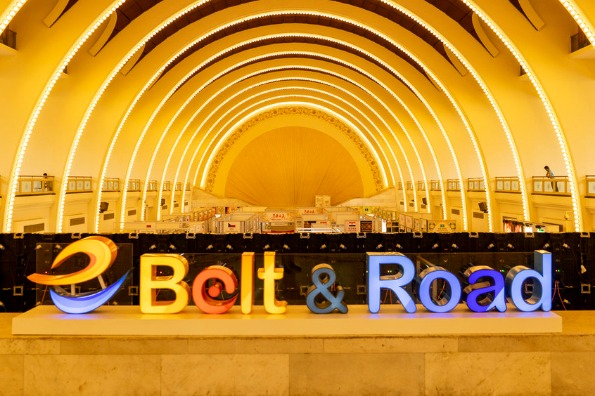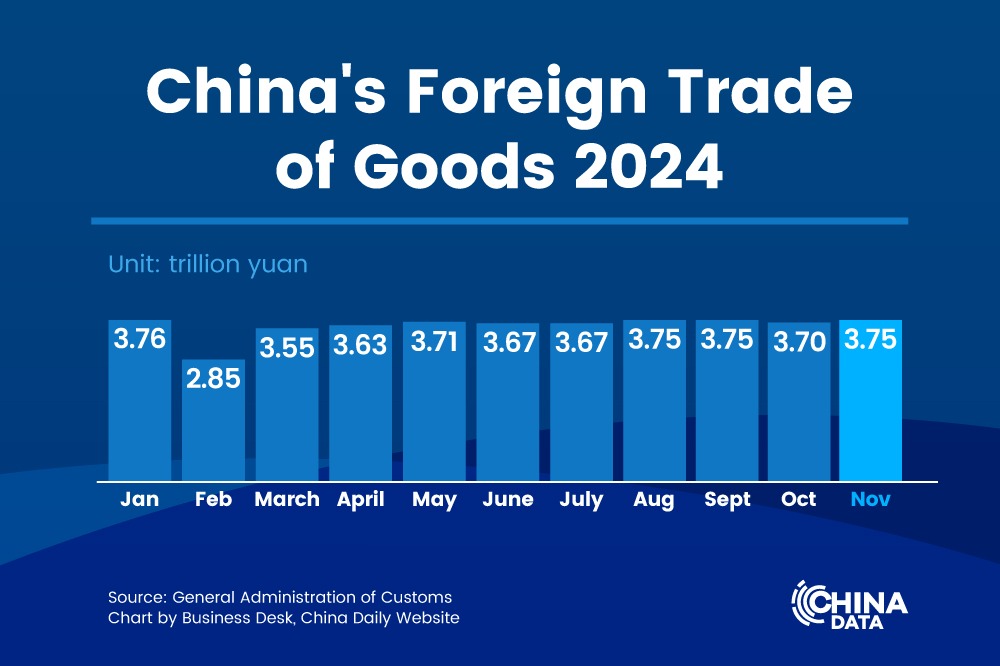'Debt traps' false criticism of lending


Big gap exists in providing emerging economies with sustainable funds
China's international lending and the Belt and Road Initiative have contributed to the world's growth instead of creating "debt traps" for other countries, experts and officials attending the 14th Annual Meeting of the New Champions, also known as the Summer Davos Forum, said in Tianjin on Wednesday.
Jin Keyu, associate professor of economics at the London School of Economics and Political Science, told a forum during the meeting on Wednesday that while there still exists a big gap in providing long-term sustainable financing for developing countries, China has stepped up and played a positive role.
Jin said developing countries should be able to borrow in bad times, and the fundamental problem in the international financial system — which is the international credit cycle — is that it is pretty much based on US monetary policy.
"This is also a place where China can play a role (with) China being the second-largest economy and not in a synchronized credit cycle with the US, which is often a big provider to emerging market liquidity."
Sri Lankan Minister of Foreign Affairs Ali Sabry said at the same forum that China's international investment has played a major role in some countries like Sri Lanka, as China actively invested in Sri Lanka during the latter's difficult times.
He added that China's international funding is key to the development of the developing world and global growth overall.
When it comes to claims that China-proposed BRI has been used as a tool to create debt traps for recipient countries, Jin told China Daily on the sidelines of the meeting on Wednesday that this is a completely wrong take on Chinese lending practices.
"The majority of debt in emerging markets is owed to Western institutions, multilateral institutions and financial institutions, including private creditors — not to China," Jin said. "China has provided stable financing for infrastructure and developmental goals for emerging markets."
Jin added that China's international lending practices have substantially evolved during the past decade, including lending standards and transparency.
"So this is not a debt trap," she said. "Emerging-market debt problems have been a time-honored, historical problem, even before China came on the scene. So, it has nothing to do with that. China is trying to help. Of course, it can do better with greater transparency and international coordination."
Looking ahead, she said there has to be a different kind of common framework with more emerging market representation, of which China is the leader.
"Going forward, Western countries have to recognize that the rules of their game have to be adjusted, not only to meet modern and contemporary standards, but also get closer to the market, involving private creditors and incentivizing China to play a greater role."
During the past decade, China has made considerable progress in terms of facilitating high-quality development related to the BRI.
"Over three-quarters of countries and major international organizations have joined the initiative," Liang Linchong, deputy director of the Department of Regional Opening-up at the National Development and Reform Commission, said at another forum on Tuesday during the Summer Davos Forum.
Liang said the BRI has contributed to the prosperity of the global economy. For instance, China and other countries involved in the BRI have built economic and trade cooperation zones, creating more than 400,000 jobs for locals.
Under the framework of the BRI, China and other countries involved in the initiative have built a wide range of infrastructure projects key to people's livelihoods such as hospitals and schools, which not only promote economic growth and generate jobs but also improve people's lives, he added.
To further facilitate the high-quality development of the BRI, he said China will work with related countries to further deepen interconnections by focusing on infrastructure projects, further expanding institutional opening-up, continuously enhancing standardization cooperation in the field of financing, trade, energy, digitalization and agriculture as well as building more livelihood projects.




































